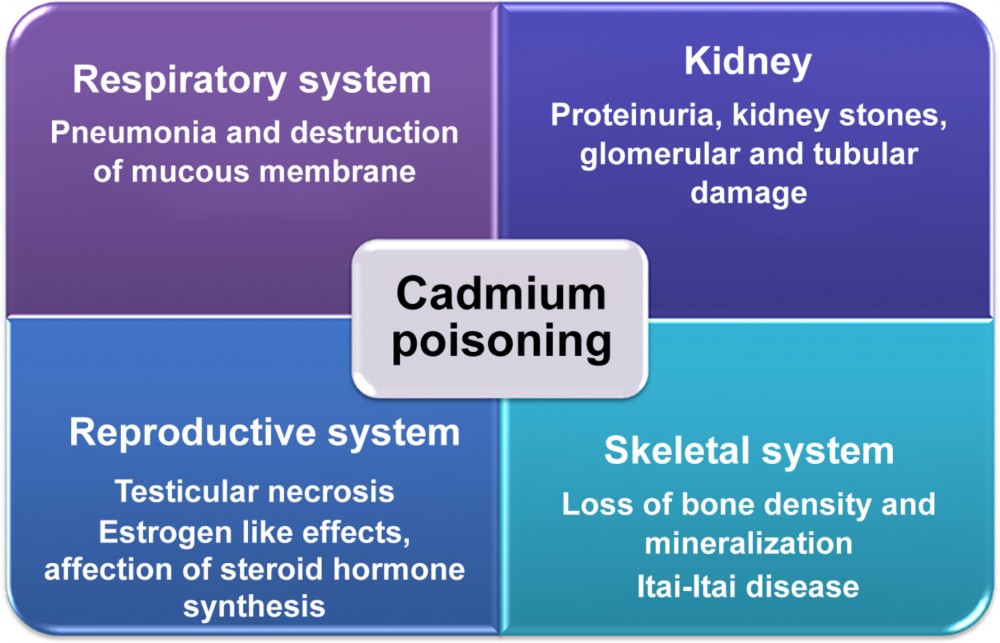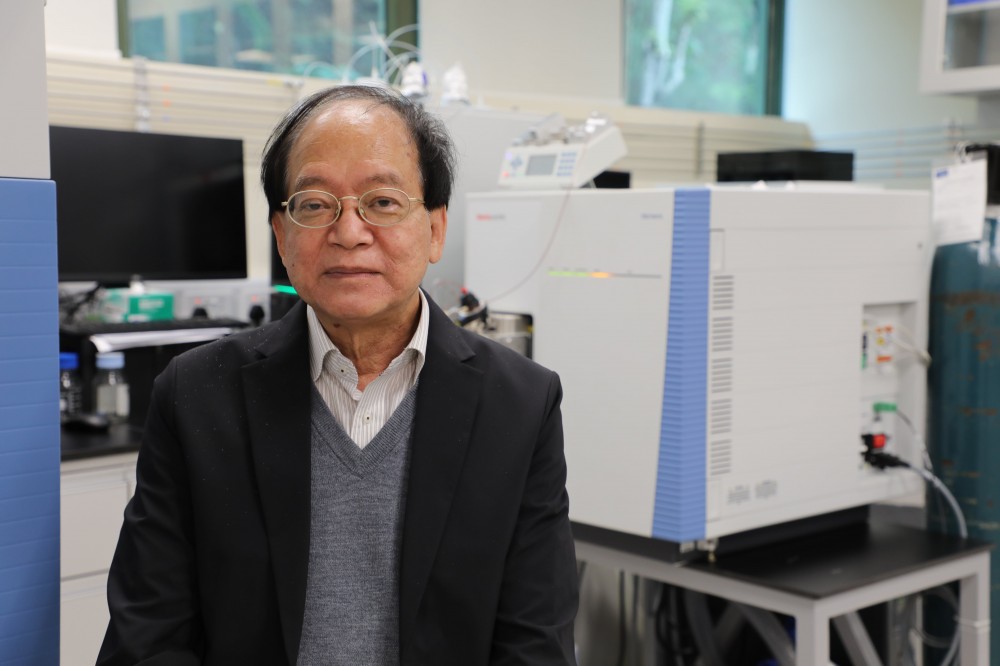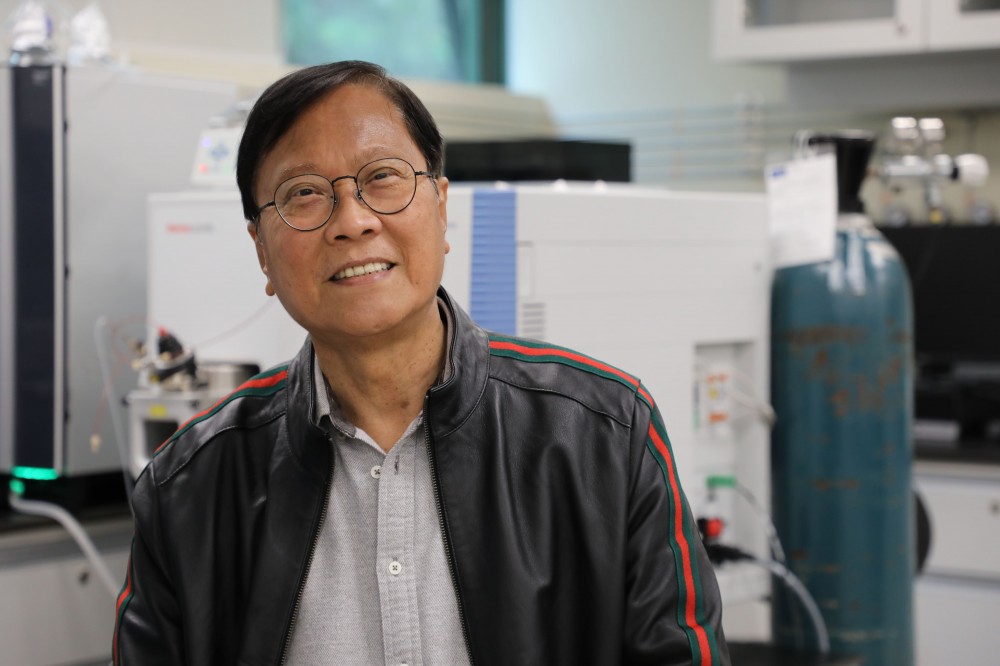An insightful conversation with two prominent environmental scientists
Professor Wong Ming-hung is an Advisor (Environmental Science) to the Department of Science and Environmental Studies (SES). He is an outstanding academic and leader in Environmental Science and ecology, as evidenced by his prodigious output of scientific publications. According to the World’s Top 2% scientists (Stanford University, 2020, 2021, 2022), he is ranked in sixth place (career-long) under Environmental Science. His major research areas include environmental and human health, and the remediation of contaminated sites. He has been the Editor-in-Chief of Environmental Geochemistry and Health (Springer) for 20 years (2003-2022).
Professor Wong has been invited to serve as Lead Scientist in a large-scale project entitled “Bio-restoration of polluted soil ecosystems”, sponsored by the Ministry of Science and Higher Education of the Russian Federation (2022-2024). His primary tasks include assisting Professor Tatiana Minkina, Head of the School of Soil Science and Land Resources at Southern Federal University, Russia, in supervising the research project on soil remediation and establishing a world-class “Laboratory on Soil Health”.
Professor Rudolf Wu Shiu-sun is also an Advisor (Environmental Science) to SES. Professor Wu is ranked the top 1% scholar in his field (Essential Science Indicators). His research primarily focuses on the responses of marine animals and ecosystems to environmental stresses (especially hypoxia, xenobiotics and endocrine disrupting chemicals). Professor Wu was the associate editor of five international journals, and also the Chief Guest Editor for seven special issues of the journal “Marine Pollution Bulletin”.
Professor Wu has served on expert/advisory groups of many international organisations (including the United Nations, the International Maritime Organization, the Intergovernmental Oceanographic Commission, Food and Agriculture Organization, and the Environment Agency of the United Kingdom). Recently, he collaborated with an international research team to study the reproduction of marine organisms in the face of ocean acidification. In this research project, Professor Wu is responsible for unearthing the relationships between phenotypic and epigenetic changes among marine organisms, and the relevant environmental implications. The breakthrough made in this research project was recently published in the prestigious academic journal, Nature Climate Change.
In this issue of FLASS FORWARD, we are delighted to have the opportunity to speak with Professor Wong and Professor Wu about their experiences and opinions on environmental protection. The rich and insightful conversation explores the causes and severity of soil and marine pollution, the impact of pollution on environmental and human health, their suggested actions for bettering our environment, the role of public education in environmental protection, and the future of environmental protection.
Professor Wu: First of all, we need to know that oceans occupy six-sevenths of the total surface area of the earth. Second, we must know that because of ocean currents, which are mass flows of water, pollution that occurs at one point might be carried by ocean currents to faraway places.
Third, we must understand that organic pollutants can evaporate in warmer parts of the earth, then be carried by northerly winds before they finally condense and come back to earth with rain and snow. After several rounds of such cycles, lightweight organic pollutants will spread from warmer southern parts to colder northern parts of the globe, before reaching the Arctic region eventually. This is what scientists call the grasshopper effect. As a result, no place on earth can be free of pollution.
Professor Wong: Mining is the bloodline of many resource-rich countries. Many ores are found deep underground. Miners must remove many layers of earth before reaching the ores, which usually means surface subsidence and other geological destruction in mining areas. If these mining operations are improperly managed, they will pollute the surrounding soil and water sources.
Mining activities contaminate the surrounding environment with heavy metals. These metals not only pollute the soil; they can reach the oceans through rivers and underground water systems, where they are eventually taken up by marine animals and become pollutants in the ocean food web, causing detrimental effects on human health.
Professor Wu: Agricultural and other urban activities produce waste, which ultimately enters the ocean. These pollutants that enter the ocean become the nutrients of sea plants like algae. Too much nutrients in the waters will stimulate the excessive growth of sea plants, and overgrown sea plants will consume large amounts of oxygen, reducing the oxygen level in the seawater and threatening the lives of marine animals.
Depletion of oxygen is acute in many coastal waters of the world. Part of the Gulf of Mexico has become a “dead zone”, where the oxygen level is so low that it is no longer habitable to fish and marine life near the bottom of the sea. The size of the “dead zone” in the gulf is equal to the size of the state of Virginia, which is a truly threatening phenomenon. Studies show that oxygen deficiency can cause hormonal imbalances, and even affect the reproduction and growth in animals. Studies indicate that some female fish changed sex to become male due to oxygen deficiency.
Professor Wong: As I said, soil pollution is very severe in countries where mining activities are rampant, and corresponding regulations are inadequate. Even a developed economy like Hong Kong also faces a soil pollution problem.
Even though the Basel Convention controls the cross-border movements of electronic waste, the US, a non-signer of the convention, still exports electronic waste. Six years ago, the environmental group Basel Action Network used GPS trackers to trace the whereabouts of electronic waste coming from the US and found out that a large proportion of this electronic waste was dumped at brownfields in the New Territories. At these dumping grounds, piles of electronic rubbish were broken down to recycle valuable materials like gold, silver, and platinum. Sometimes, the operators use strong acids to extract these valuable materials. Because of inadequate regulation, such recycling activities may cause severe soil pollution.
Food crops can absorb chemicals leaking into contaminated soil. When humans consume food grown from polluted soil, they also take in heavy metals.
Professor Wu: Worse still, organic pollutants like PCB, DDT, flame retardants and sunscreen may persist in the environment for long periods of time, which means they have long-lasting impacts on the world’s ecological system. Because of bioaccumulation, organisms at high trophic levels like fish are suffering from high concentration of such pollutants, which could be up to one million times more concentrated than when these pollutants enter the food chains.
In the last ten years, research has shown that some of these pollutants can affect the hormonal systems of vertebrates including human beings. If we humans eat the polluted fish, our reproduction and growth will be affected. In other words, these pollutants, once they enter the environment, can lead to intergenerational environmental damages that affect many generations ahead.

Professor Wong: Many decades ago, researchers discovered that the Jinzu River in the Toyama prefecture of Japan was contaminated by cadmium released from the mining industry in the region. They also found that people eating rice from farms irrigated by water from that river suffered from the Itai-itai disease due to long-term exposure to cadmium. In Japanese, Itai means pains, and symptoms of the disease include bone pain.
Years ago, researchers discovered that some paddy fields in the Hunan province were polluted by cadmium and arsenic released from mines nearby. They further found a high concentration of cadmium and arsenic in the rice grains from the region. A separate study by Aberdeen University showed that cadmium exceeded acceptable levels in baby food products that had ingredients containing rice husks. This rice ingredient probably came from polluted paddy fields like those in Hunan. Taking in such rice or related food products will cause harm to people’s health.
In the 60s and 70s of the 20th century, the Bangladesh government made nationwide efforts to switch to tube wells as a water source for farming and domestic use. However, it was later found that these deep tube wells were contaminated with arsenic, and people using water from these wells were exposed to arsenic poisoning. Similar poisoning incidents happened in Cambodia, where farmers drank arsenic-contaminated water and used it to plant their crops.
Professor Wu: There are two types of death caused by pollution. An oil spill or a red tide—the massive growth of algal cells that causes the depletion of oxygen—will result in the immediate death of many sea animals. Pollution also has sublethal effect on the environment: some chemical pollutants can impair the reproduction of living organisms, which might ultimately lead to the extinction of species. Because of the sublethal effect, environmental hazards can be passed on from one generation to the next generation.
Because of the sublethal effect, environmental hazards can be passed on from one generation to the next generation.
The sublethal effects on plants and animals can also be magnified by the accumulation of pollutants in living organisms at higher trophic levels. To organisms at low trophic levels, the effect of low-level contamination may be negligible, but to organisms at high trophic levels like fish, the concentration of pollutants might be magnified by up to one million times due to bioaccumulation. Being at the top of the food web, people who have eaten polluted fish for a long time have also taken in many toxic chemicals.
Professor Wong: Hong Kong in the 60s and 70s had very loose regulations on environmental protection. Sewage sludge, the residual part of sewage treatment, was dumped into several designated water areas in the city legally with minimal restrictions.
Since establishing the Environmental Impact Assessment (EIA) Ordinance some 20 years ago, we have seen substantial improvements in handling environmental issues in Hong Kong. For example, dredged sediment has been disposed of at a designated zone north of the airport for 20 years. When disposing of these dredged sediments, operators must follow strict regulations as required by the government. Underwater infrastructure was also built to contain and limit the spread of the sediments.
The Hong Kong government also appointed consultancy companies to conduct constant assessments of the impact of sediments on the habitats of the dumping area and nearby waters. The checks include whether heavy metals in the sediments have entered the food chain and affected fish in nearby fish farms or dolphins living in the area and whether the biological community has come back to colonise the sediments at the end of every dumping process.
Professor Wu: Many years ago, people believed dilution was the solution. They said we could dump waste into the harbour without any treatment for the ocean, as it is so big it can take in these pollutants. I remember when the Hong Kong government first proposed the strategic sewage disposal scheme 20 years ago, the idea was to discharge untreated sewage directly into the sea near Lamma Island. I opposed this idea, which would be definitely disastrous to the environment.
In the end, the government accepted advice from international and local experts and changed its scheme for sewage treatment. It built a Sewage Treatment Works at Stonecutters Island, where sewage is treated before being discharged into the open waters west of the Victoria Harbour. Because of the extensive treatment of sewage, the water quality of our harbour has been substantially improved over the past two decades.
Professor Wong: The segregation of organic waste, such as feeds for livestock and domestic food scraps, can drastically reduce its environmental contamination. In this regard, Taipei and Seoul are doing a better job recycling food waste than us. Their city governments have a good scheme for recycling animal feed. Hong Kong needs to make more efforts to improve the treatment of organic waste.
Hong Kong needs to make more efforts to improve the treatment of organic waste.
When talking about treating solid waste, dioxin emissions from solid waste incinerators have been a public concern. It might be true that many decades ago, burning solid waste by poorly designed incinerators led to harmful levels of dioxin emissions. However, with the advancement in science and technology, today’s incinerators discharge little to no amount of dioxin. Many European countries and Japan have been using incinerators instead of resorting to landfills to solve their solid waste problem. I have read many studies about the environmental impact of incinerators in Japan. These studies have shown that there is no health issue caused by incineration in Japan.
I think Hong Kong could do the same regarding solid waste treatment as other places. Ideally, we should build a giant cutting-edge incinerator to burn down and decompose solid waste to ash. We can then send the remaining ash to landfills.
Professor Wu: I echo the point Professor Wong has just raised. Many people oppose the use of incinerators. There are also many people rejecting using nuclear power energy altogether. In fact, well-designed nuclear power plants are environmentally friendly. Many of the opinions questioning the use of incinerators, nuclear power plants and other scientifically-supported measures in handling environmental problems are not based on science.
As a scientist, I believe scientific knowledge is an important tool to safeguard our environment. Around the globe, many environmental scientists and public policy researchers have contributed their knowledge and experiences to governments. Their efforts are affecting the decisions of governments on making policies, launching campaigns and formulating legislations to protect the environment.
Professor Wong: We need long-term work to educate the public and policymakers to know that air, soil, and water degradation will affect people’s health, which implies higher costs for our healthcare systems. This is a severe public health issue. When the general public and policymakers understand the linkages of the quality of food, air, soil, and water to human health, they will listen to the advice given by environmental scientists.
Professor Wu: Devising scientifically proven and economically viable policies, measures and regulations are of course important. I think it is even more important to change people’s habits and values, and make them understand that there is inconvenience incurred in every environmental act. For example, using less air conditioning or taking the stairs instead of lifts or elevators is environmentally friendly, but at the same time causing certain degree of inconvenience to people. People need to understand the importance of environmental protection and change their mindset to accept that there is a cost to pay for conservation causes.
I think education comes into play at this point. If we can nurture our next generation to have a good attitude towards conservation, we will have a higher chance of mobilising public support. I think by glorifying people’s acts in protecting the environment, we can encourage other people to follow suit and change their habits.


Professor Wong Ming-hung Professor Rudolf Wu Shiu-sun
Professor Wong: I have spent more time studying macro environmental management in recent years. One of my research focuses, for example, is about whether there are loopholes in global electronic waste management. Different countries are facing various environmental problems. It is unavoidable for low-income countries to rely on dirty work like electronic waste recycling to sustain their economies. To stop it, we have to solve the problem: the source of electronic waste. The international community should press the US to stop illegally exporting electronic waste to other countries. Part of the hope involves stronger international cooperation in solving global environmental problems.
Professor Wu: I see that public knowledge about environmental protection has improved and environmental awareness has been raised over the last two decades. I think we need to educate the public about how environmental costs should not be calculated in light of the short-term impact of environmental degradations. We should look at the problem from a life-cycle perspective. Simply put, a life-cycle perspective considers the ecological consequences of a product or service not only during the production process, but throughout the entire life cycle of the product or service including extraction, production, delivery, consumption, distribution and final disposal.
If parents know that pollution will continue to affect their next generation, our society will have a higher chance of making wise decisions when it comes to environmental protection.
I believe education can change people’s minds. EdUHK has a natural strength in affecting our next generation. At EdUHK, we are working hard to equip our students with solid and correct knowledge about environmental protection. When our students become teachers, they can teach the next generation the right attitudes towards the environment. If parents know that pollution will continue to affect their next generation, our society will have a higher chance of making wise decisions when it comes to environmental protection.
I consider myself an optimist. I think EdUHK has a big role to play.






